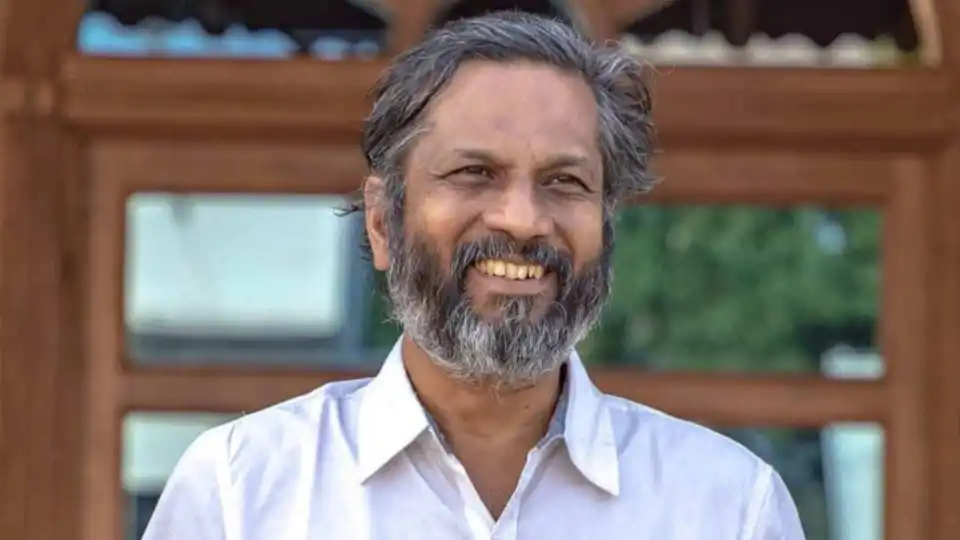India’s technological dependence on the US has sparked serious reflection after industrialist Harsh Goenka imagined a scenario where America bans India from using Google, X, ChatGPT, or Instagram. Zoho founder Sridhar Vembu reacted by stressing that India’s vulnerability goes far beyond apps, it extends to operating systems, semiconductor chips, fabrication units, and cloud infrastructure that form the backbone of the digital economy.
Vembu has proposed a decade-long “National Mission for Tech Resilience,” urging India to shift from being a passive user of foreign technology to a producer of indigenous innovation. His plan calls for large-scale investments in chip design, local operating systems, data centers, and cloud technologies.

He warned that India’s critical services, banking, telecom, governance, and security, are all tied to American platforms, making over-dependence a strategic risk. While India’s progress with UPI, RuPay, and indigenous apps is commendable, Vembu insists that true digital independence requires long-term strategy, funding, and collaboration between the private sector and government.
His message is clear: even if the “unthinkable” never happens, India must be ready. Building tech sovereignty is not about isolation, it’s about empowerment, innovation, and resilience.
